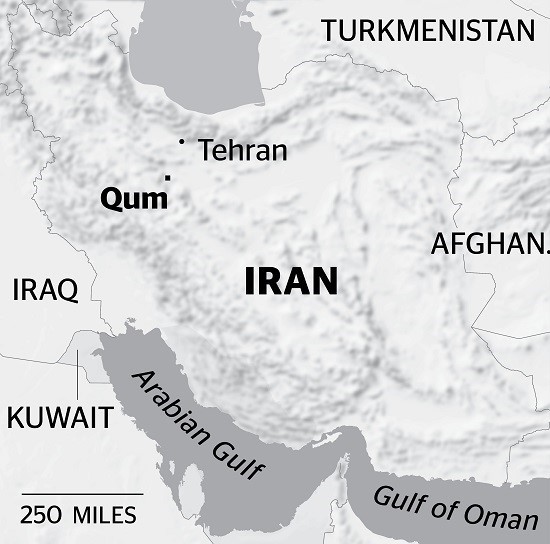On December 2, Thomas Friedman, a
New York Times op-ed columnist, wrote an article criticizing former US
president Donald Trump’s Iran policy which, Friedman believes, has become a
disaster for the US and Israel. The article, published in the Baltimore Sun,
purports that the Israeli minister of defense who served under Netanyahu in
2018, when the US withdrew from the agreement, said “ … as bad as that deal was
Trump’s decision to withdraw from it —
with Mr. Netanyahu’s encouragement — was even worse”.
اضافة اعلان
 (Photo: NYTimes/Jordan News)
(Photo: NYTimes/Jordan News)
President Joe Biden, as his friendly
critics confess, also made a mistake by not taking a decision in his first week
in office to rejoin the Iran nuclear deal arrived at in the sunset hours of the
Obama administration.
Now the negotiations have resumed
despite the obstacles and fiery language of all participants. Both Biden and
his Secretary of State Anthony Blinken are adamant against reversing the
blockade and boycott imposed on Iran and its top leaders.
The US also wants Iran to commit to
a regional behavior that would not threaten its allies, mainly Israel and the
GCC.
Naftali Bennett’s government in
Israel is lobbying for a decisive military action, focused on a blanket bombing
of Iran’s strategic infrastructure, utilities and nuclear centers, using
hi-tech missiles which would wreak havoc on Iran.
US’ European negotiation partners
are trying to appease their American allies, but they also want negotiations to
go on. Europeans nudge, the US shoves and Israel is crying “attack”. Meanwhile,
GCC allies want Iran to respect the integrity of their countries as well as
that of Iraq, Syria, Lebanon and Yemen, but hopefully through negotiations. Any
massive war would stifle Iran in the short-run, but would create ever-lasting animosity
between Iranians and Arabs. This is the worst possible scenario.
These complex positions are further
aggravated by the heated cold-war aberrations and military movements in Eastern
Europe, Ukraine, and Russia, and in the Pacific arena. The news that 13
supersonic Chinese military jets had flown over Taiwan 10 days ago is one
recent Chinese muscle-flexing moves.
Is the widening of the struggle
zones a stab at resolving all the outstanding disputes among the superpowers of
the world? No. The parties are just using more cards to confuse other players
and distract their attention. All the Brobdingnags of the world (Jonathan Swift’s
country of giants) are engaged in a dangerous but ridiculous game. None of them
seriously wants to go to war, but the possibility of Russia and the US
inadvertently agreeing to hit Iran is still possible.
A coalition to wage a limited war
against Iran is there, no denial. Yet, those who start it should know how to
end it. It is doubtful that they would.
The best scenario out of this mess
is to widen the negotiation venues. Doha and Amman could be very convenient
places where Gulf States and Iran could work to iron out their nagging
differences. These negotiations could go in tandem with the Vienna
negotiations. This is the scenario most likely to bear fruits.
Saber-rattling to satisfy some
Israeli generals will only lead to a disaster, even for the Israelis
themselves, as Friedman would say.
Jawad Anani is an economist and has held several ministerial posts,
including former deputy prime minister and former chief of the Royal Court.
Read more Opinion and Analysis







